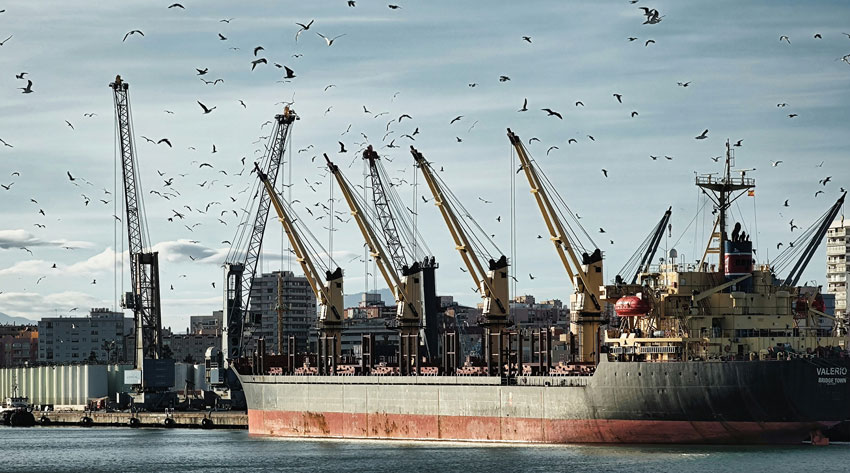Maritime tourism, encompassing cruise travel, yachting, and coastal tourism, represents a vibrant sector of the global travel industry. With its unique blend of adventure, relaxation, and cultural exploration, maritime tourism offers unparalleled experiences for travelers seeking to explore the world’s oceans and coastal regions. This article examines the multifaceted nature of maritime tourism, highlighting its economic, environmental, and social significance, as well as the opportunities and challenges it presents.
Economic Impact: Maritime tourism contributes significantly to local economies worldwide, generating revenue through port fees, tourism expenditures, and employment opportunities. Cruise ships, in particular, serve as floating resorts, transporting millions of passengers to exotic destinations each year and stimulating economic activity in port cities and coastal communities. Moreover, yacht charters, eco-tours, and adventure cruises offer niche market opportunities, attracting high-spending tourists seeking unique travel experiences.
Environmental Sustainability: While maritime tourism offers tremendous economic benefits, it also raises concerns about its environmental impact. Cruise ships, in particular, face scrutiny for their emissions, waste disposal practices, and potential ecological damage in sensitive marine habitats. Sustainable tourism practices, such as implementing emission reduction technologies, promoting eco-friendly excursions, and supporting marine conservation initiatives, are essential to mitigate the environmental footprint of maritime tourism and preserve fragile ecosystems for future generations.
Cultural Exchange: Maritime tourism serves as a catalyst for cultural exchange and cross-cultural understanding, fostering connections between travelers and local communities around the world. Shore excursions, guided tours, and cultural performances provide opportunities for tourists to immerse themselves in the rich heritage and traditions of coastal destinations, while also supporting local artisans, businesses, and cultural preservation efforts. Additionally, initiatives that promote responsible tourism and respectful interactions between tourists and host communities contribute to positive social outcomes and mutual appreciation.
Digital Innovation: Advances in digital technology are reshaping the maritime tourism landscape, enhancing the traveler experience, and improving operational efficiency. Mobile apps, virtual reality tours, and online booking platforms empower travelers to plan and customize their maritime adventures with ease, while data analytics and smart sensors enable cruise lines and tour operators to optimize itinerary planning, resource allocation, and customer service. Furthermore, digital marketing strategies and social media engagement play a vital role in promoting maritime tourism destinations and experiences to a global audience.
Conclusion: In conclusion, maritime tourism represents a dynamic and diverse sector with immense potential for economic growth, cultural exchange, and environmental stewardship. By embracing sustainable practices, fostering innovation, and promoting responsible tourism, stakeholders can harness the full benefits of maritime tourism while safeguarding the natural and cultural treasures of coastal regions. With careful planning and collaboration, maritime tourism can continue to thrive as a source of inspiration, adventure, and exploration for travelers worldwide.


